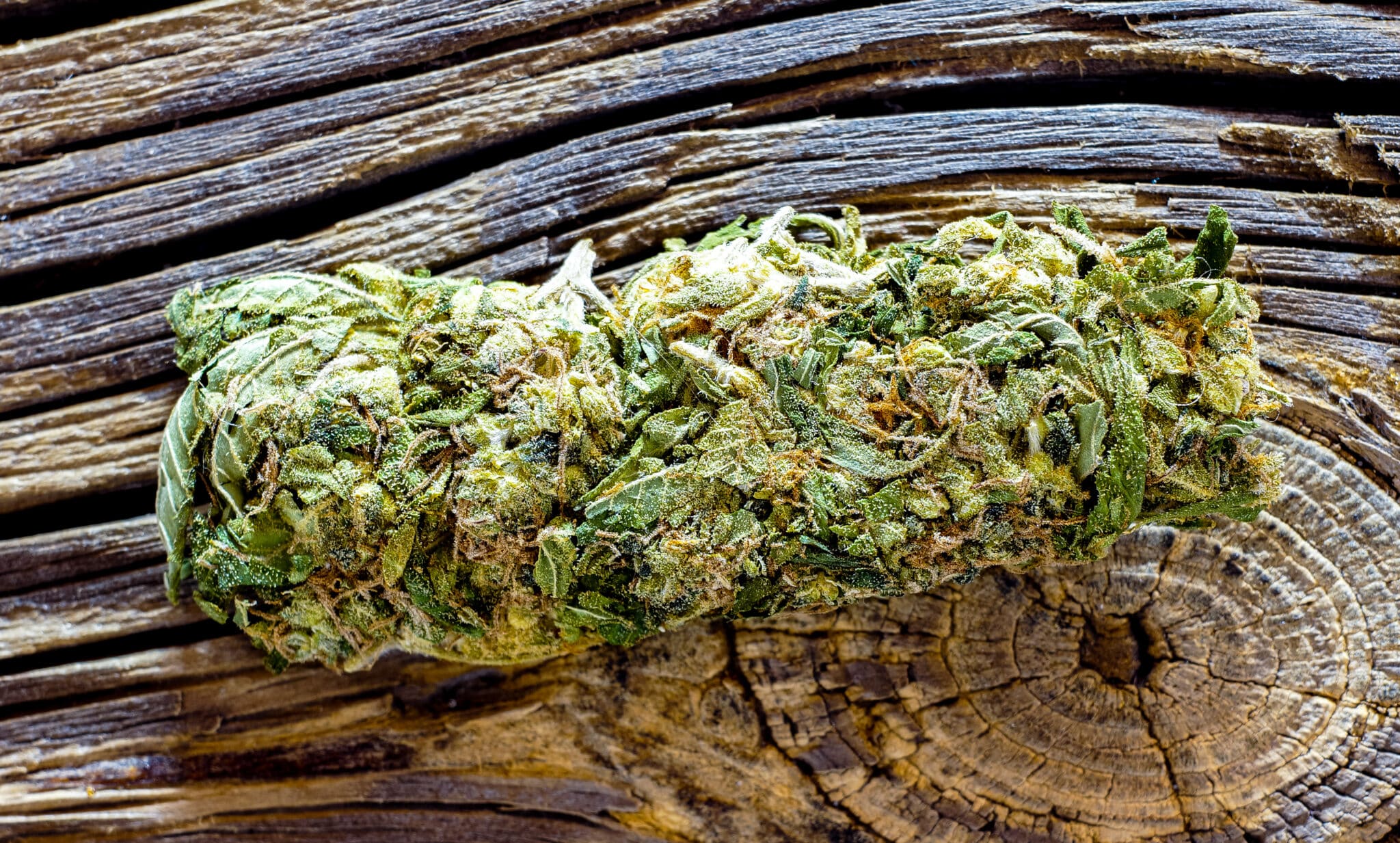At the beginning of July 2018, the United States Food and Drug Administration approved the use of a drug called Epidiolex for the treatment of seizures and two rare types of epilepsy, Lennox-Gastaut syndrome and Dravet syndrome. The maker of the drug, GW Pharmaceuticals, calls it a “proprietary oral solution of pure plant-derived cannabidiol.” What this means in laymen’s terms is that the medication is made from marijuana. It’s the first pharmaceutical drug made from cannabis.
three clinical trials were done, involving 516 patients with either of the syndromes, which showed that patients who took Epidiolex had fewer seizures compared to those who took placebo. Epidiolex is made from cannabidiol (CBD), a non-psychoactive compound found in cannabis that doesn’t produce the typical intoxication or high feeling. Cannabidiol has antipsychotic effects and is believed to prevent the breakdown of a chemical in the brain that affects pain, mood, and mental function.
There are other medications out there that contain compounds in cannabis, such as dronabinol (Marinol), a synthetic form of THC, which is used to treat nausea and vomiting that may accompany chemotherapy. The difference is that Epidiolex is the first FDA-approved drug that’s made directly from the cannabis plant, rather than a synthetic.
One possible hurdle is that, despite FDA approval, marijuana and anything derived from the plant (including CBD) is considered a Schedule I drug. A Schedule I classification means that, according to the federal government, there’s a high potential for abuse and no accepted medical use for the drug. The FDA analyzes substances that fall into drug schedules and transmits its findings to the U.S. Department of Health and Human Services and then on to the Drug Enforcement Agency. The DEA ultimately has final say on what schedule Epidiolex will end up in. Experts predict that CBD, when present in a standardized, FDA-approved compound like Epidiolex, may be moved into Schedule III, which is the category of drugs that the DEA believes have a moderate to low potential for dependence and some medical use. Some of the drugs currently in Schedule III include ketamine, Tylenol with codeine, and anabolic steroids.) This is what we saw with dronabinol, which is a Schedule III drug, although cannabis itself and THC are still in Schedule I.
Cannabidiol has many other potential uses, including as a treatment for anxiety, bipolar disorder, a muscle disorder called dystonia, epilepsy, multiple sclerosis, Parkinson’s disease, and schizophrenia. There is a prescription-only nasal spray called Sativex, made by the same company as Epidiolex, that is approved for use for pain and muscle tightness in people with multiple sclerosis in over 25 countries outside of the United States.
The FDA pointed out that while it is committed to continuing research of marijuana-related products for medical use, it will continue to crack down on illegal use.
If you or a loved one need help with quitting drugs or alcohol, consider Asana Recovery. We offer medical detox, along with both residential and outpatient programs, and you’ll be supervised by a highly trained staff of medical professionals, counselors, and therapists. Call us any time at (949) 438-4504.



